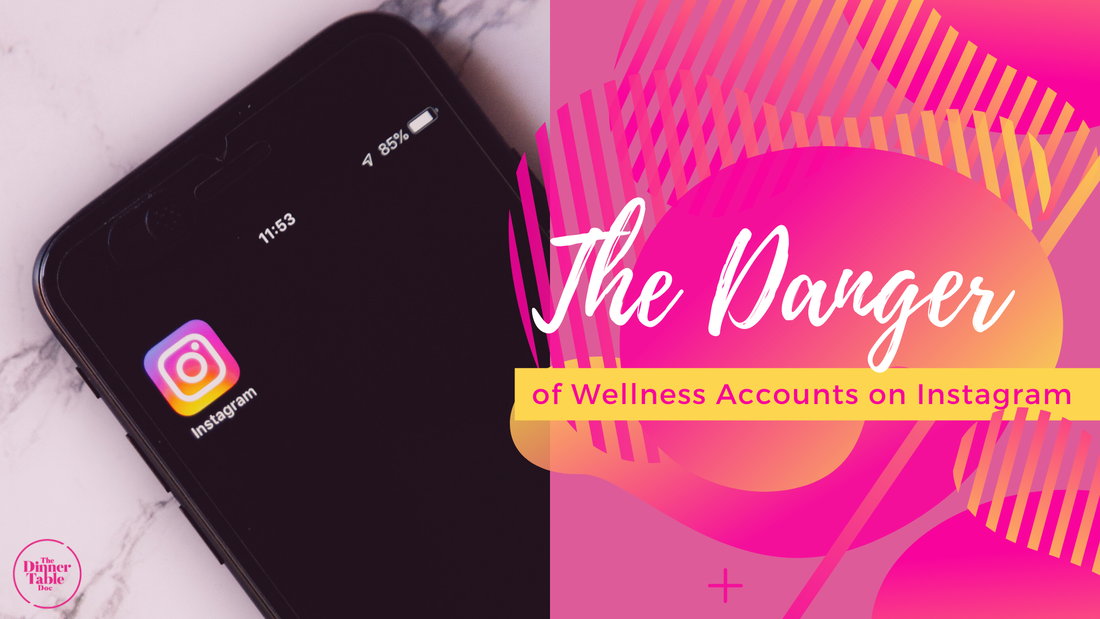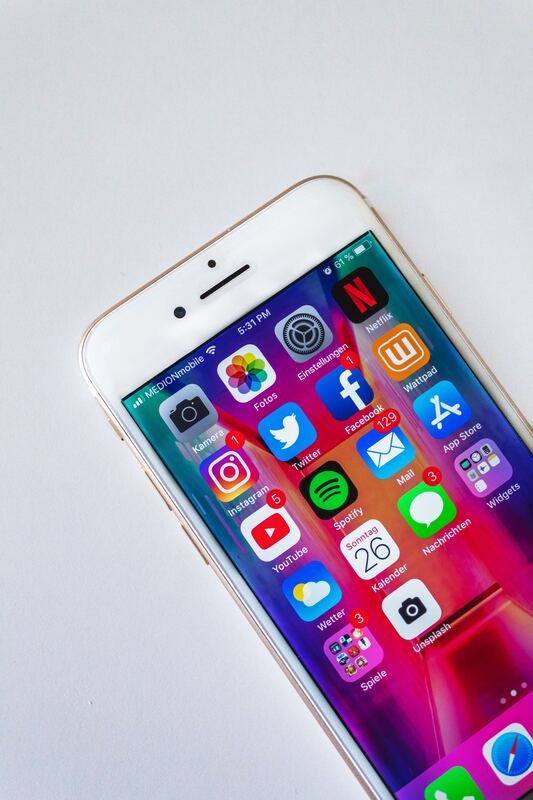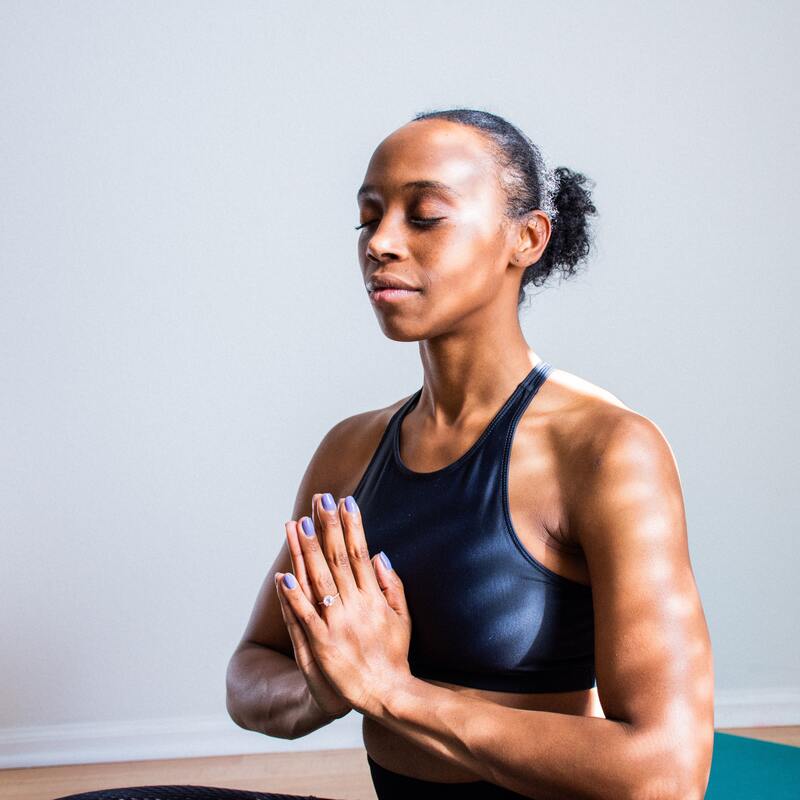|
One day when I was scrolling through Instagram, I came across a post that I couldn’t get out of my mind after viewing it. The post was a checklist with the title, How to Know if You have Anxiety, the checklist then had arbitrary options that insinuated if you checked them off you had anxiety. Any other time I would ignore a post like this and keep scrolling but the amount of people commenting on the post caught my attention. Instagram users were self-diagnosing themselves with anxiety and tagging their friends in order for the information to be shared. Considering we live in a time with information overload, social media sites that have only aided in the uptick in mental health related issues and people becoming “experts” in a topic overnight. It is harmful to see these types of posts making the rounds online. No one online can diagnose someone with anything, especially if it is something as serious as a mental illness. Photo by Sara Kurfeß on Unsplash In February of 2004 Facebook was created and the world has not been the same since. In the years that followed people around the world became more connected than ever while also losing touch with reality. In October 6, 2010 the world was changed yet again, this time by Instagram. Both of these social networking sites have altered the way we communicate, receive information and interact with the world around us. It is due to these sites that we see an increase in fake news and the widespread dissemination of false information. One trend that can be seen on social media sites, particularly Instagram, is the rise in influencers. There are influencers for everything under the sun. People to tell you the best way to dress, what restaurants to go to, the best places to travel and how to snag your next internship. One group of influencers that has cropped up and seems to be especially dangerous are wellness and health influencers. Instead of looking towards actual doctors, therapists, nutritionist’s and fitness trainers for advice, teens are looking towards influencers for their health needs. This ranges from what to eat, which workouts to do and giving advice on how to deal with your mental health. While the people who run these accounts may mean well, sharing this type of information without having the proper background allows teenage girls to read it, think what they’re reading is 100% accurate and run with it. As teenagers and young adults continue to use social media sites there needs to be more awareness around the fact that there are people online posing as wellness influencers that don’t truly know anything about wellness. There also needs to be more conversation with young girls about how everything they read online is not true or factual. If you need to connect to resources for your mental health some databases and hotlines are listed below. Kadima Center https://www.kadimacenter.org/get-help Crisis Text Line Text “HELLO” to 741741 National Suicide Prevention Line 1-800-273-8255 Written By Carol Wright
1 Comment
clifford hill jr
11/8/2019 07:03:36 am
great article
Reply
Leave a Reply. |
Archives
May 2022
|




 RSS Feed
RSS Feed